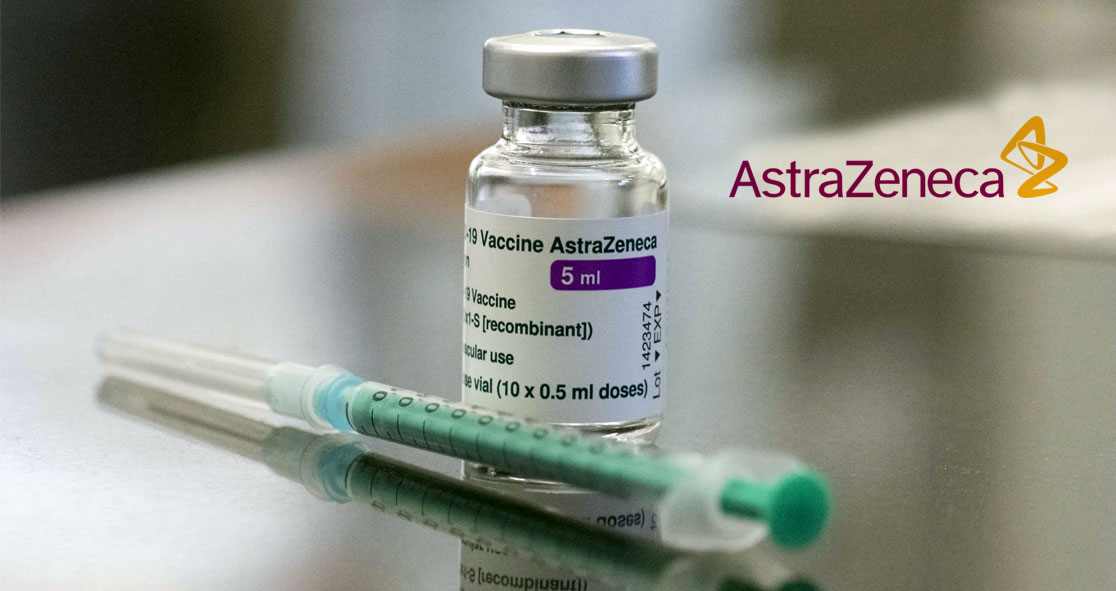AstraZeneca has recently announced positive results in Phase 3 vaccine trials in the United States, stating that it completely prevents severe illness and death.
The experimental vaccine, developed in association with Oxford University, has not been submitted for FDA review – the first step in receiving an Emergency Use Authorization (EUA). It is expected to happen after a month.
The AstraZeneca/Oxford vaccine is much easier to distribute because it can be stored for six months in regular refrigeration.
In the Phase 3 trial, the vaccine was 79% effective at preventing symptomatic disease, and 100% effective against severe disease and hospitalization, according to a press release from AstraZeneca.
The company has also mentioned the efficacy of the vaccine candidate for those 65 and above, who made up 20% of trial participants. In that group, the experimental vaccine was 80% effective.
The release also contained safety results that might address concerns about the vaccine, according to Popular Science.
AstraZeneca vaccine has been approved for use in several countries, but there have been several safety concerns. Some nations paused the trials after a British trial found that a participant experienced neurological symptoms in early fall.
Earlier this month, some European nations suspended the use of the vaccine, after two people from Austria experienced blood clotting following vaccination, one of them died 10 days later.
However, the distribution of the vaccine resumed a week later, after the European Medicines Agency (EMA) announced that “there is currently no indication that vaccination has caused [the clotting].”
The EMA has noted that the COVID-19 infection also leads to blood clots, and the risk of developing them due to the disease is higher, according to Popular Science.
Still, there is a lot of vaccine hesitancy among people in Europe.
Shobita Parthasarathy, Director of the Science, Technology, and Public Policy Program at the University of Michigan, argued, “This crisis isn’t about science at all. It’s about public trust, and scared citizens cannot be easily convinced by expertise that feels remote.”
The United States is likely to have enough doses of Pfizer, Moderna, and Johnson & Johnson by the time the FDA approves AstraZeneca/Oxford’s vaccine.
Earlier this month, President Joe Biden said that the nation was “on track” to produce enough doses of the vaccines for the entire adult population by the end of May. The article was published Monday on Popular Science























